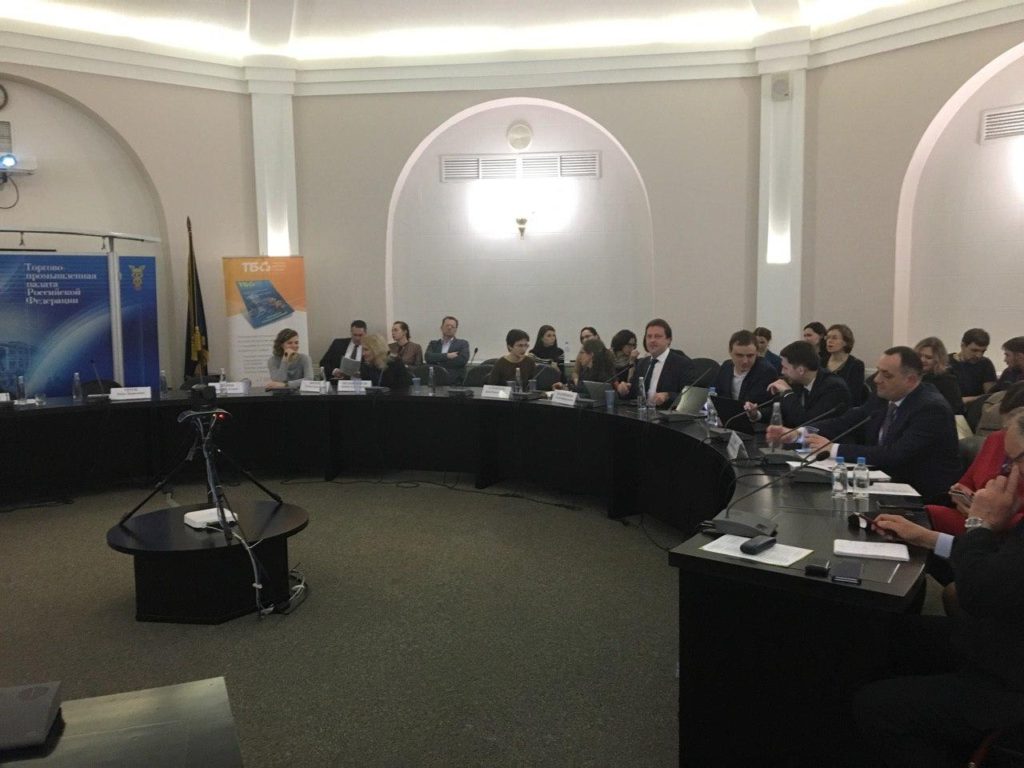From February 25 to February 26, 2020, the IV all-Russian Business forum «Ecotechnoparks of Russia» was held on the site of the chamber of Commerce and industry of the Russian Federation. Within the framework of the forum, special attention was paid to improving the Institute of extended producer responsibility (EPR) – this issue was discussed in detail at the profile round table «EPR for all types of waste».
The round table was moderated by Pavel Titov, President of the all-Russian public organization Delovaya Rossiya, and Natalia Belyaeva, Deputy Chairman of the ecology Committee of the all-Russian public organization Delovaya Rossiya, CEO of Delphi LLC.
The key topic of discussion was the Concept of improving the EPR Institute being developed by the Ministry of natural resources of Russia. In their reports and subsequent discussions, the participants focused on the analysis of the strengths and weaknesses of the current EPR system and the Concept being developed, as well as the directions for improving the EPR.
Executive Director of EcoTyresUnion Sergey Podoynikov made a presentation on the topic: «Stimulating the development of the waste recycling market through industry association by means of the EPR mechanism», in which he described the mechanism of EcoTyresUnion functioning, achieved and constantly progressing results of the Association that confirms the effectiveness of the current EPR model, identified risks and negative consequences for the waste management sector in case if independent EPR compliance through profile associations will be prohibited.
Similar reports were made by the heads of specialized associations of manufacturers and importers of goods: Vladislav Bondarev (Director Of the Association «SKO Elektronika-Utilizatsia»), Lyubov Melanevskaya (Executive Director Of the Association «Industry for ecology (RusPACK)»), David Yesayan (President of the «Waste Recycling Association»). The above-mentioned speakers demonstrated the effectiveness of the current EPR model with their own examples, and stressed that the current EPR mechanism should be improved, and not destroyed, which will negate all the results achieved. The participants announced their proposals for reforming the EPR system and emphasized the importance of an open and constructive dialogue on EPR improving among all involved parties. Unfortunately, current practice shows that business is not sufficiently involved in the discussion of the EPR concept, it is necessary to increase the involvement of business in the development of the Concept of EPR improving. Only through common efforts and taking into account the suggestions of all direct EPR subjects, who know the system from the inside and can provide feedback from the practical point of view, a comprehensive and improved EPR system will be built.
